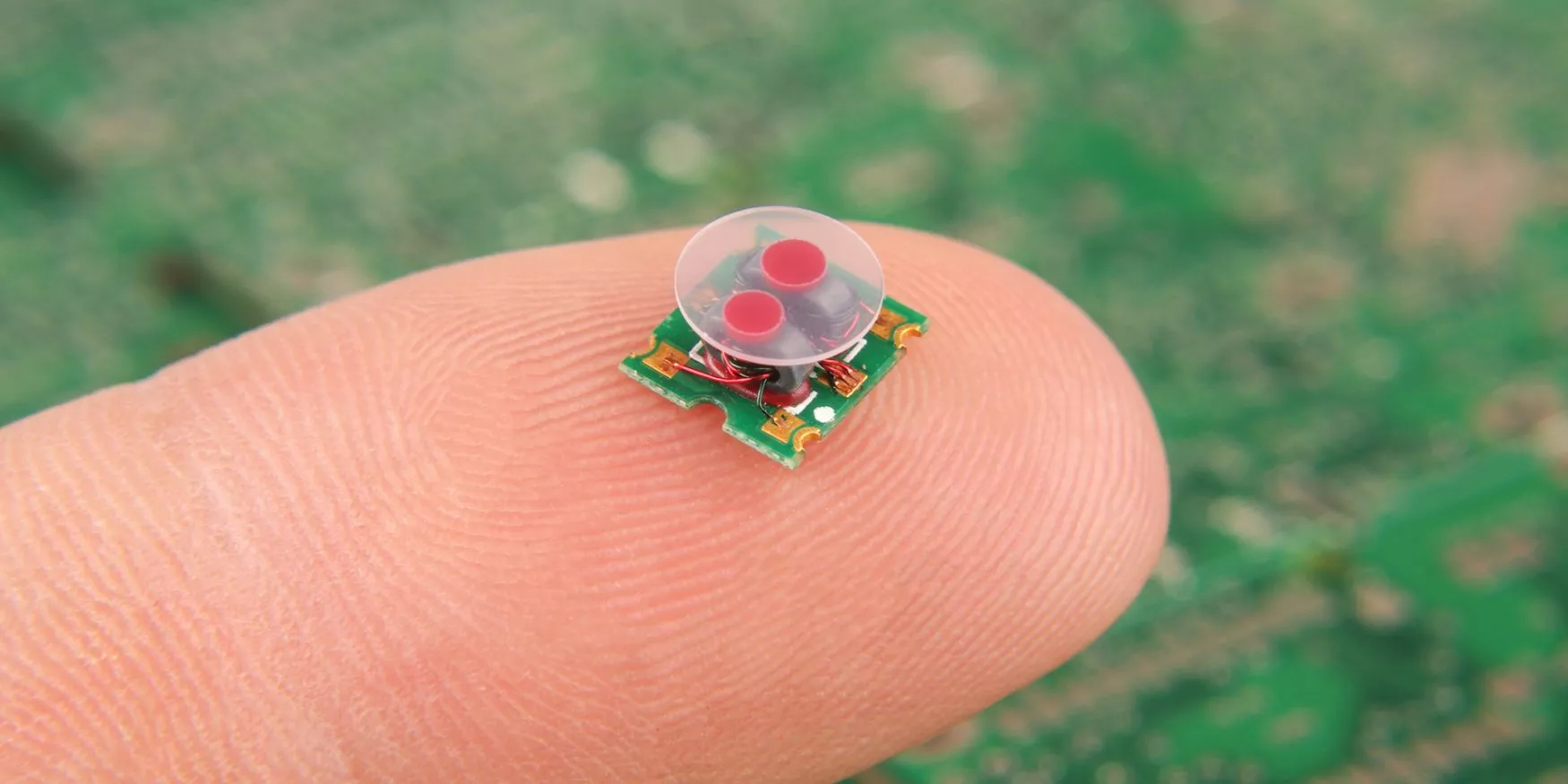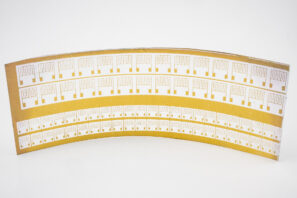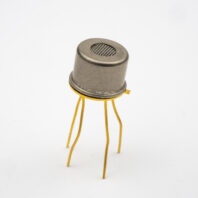Detection (sensor)
A sensor is an electronic detection device that enables chemical or biological information to be translated into a quantifiable physical signal (electrical, optical, thermal, etc.).
This device consists of a recognition part (the sensitive part) coupled to a transduction system. The most commonly used transduction modes are optical, mechanical, electrochemical, magnetic or thermal.
For more than twenty years now, Materia Nova, in collaboration with UMONS, has been developing two types of sensors:
- Resistive sensors based on organic or inorganic semiconductors, thick or thin film for the detection of NOx, O3, H2, CO, NH3, VOCS...
- Fiber-optic sensors for the detection of H2, NO2, biomolecules...
Our strengths
- Numerous achievements through international projects.
- Expertise in the development of organic semiconductors.
- Expertise and flexibility in deposition techniques (wet, dry, ...).
- Manufacture of devices.
- Performance characterization.


